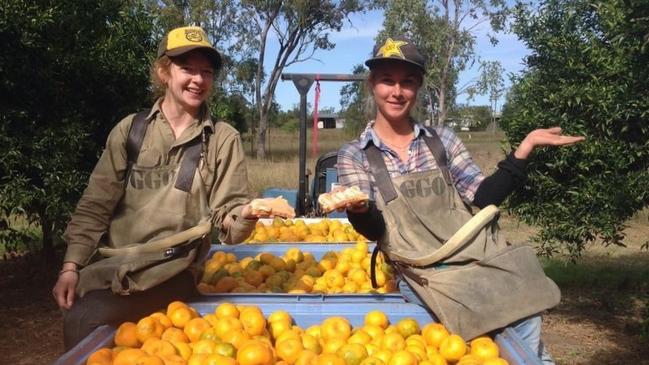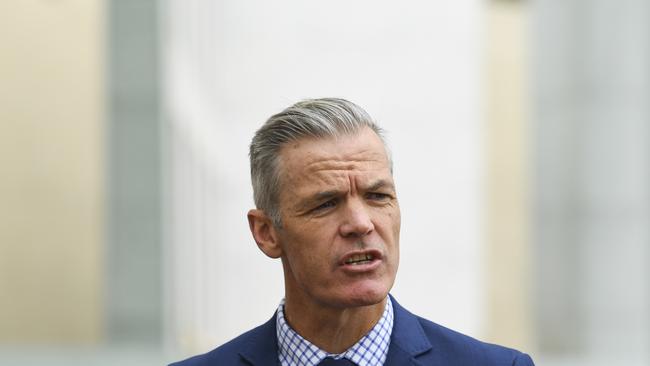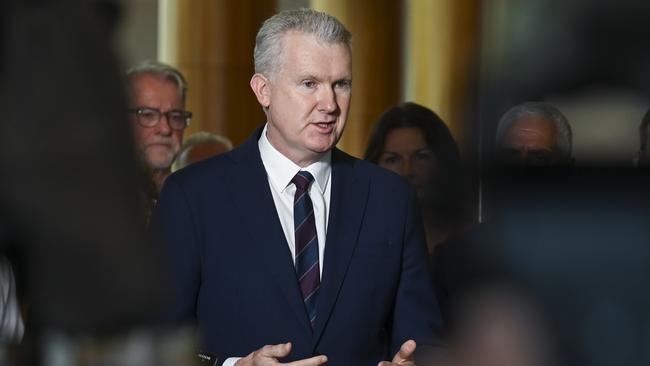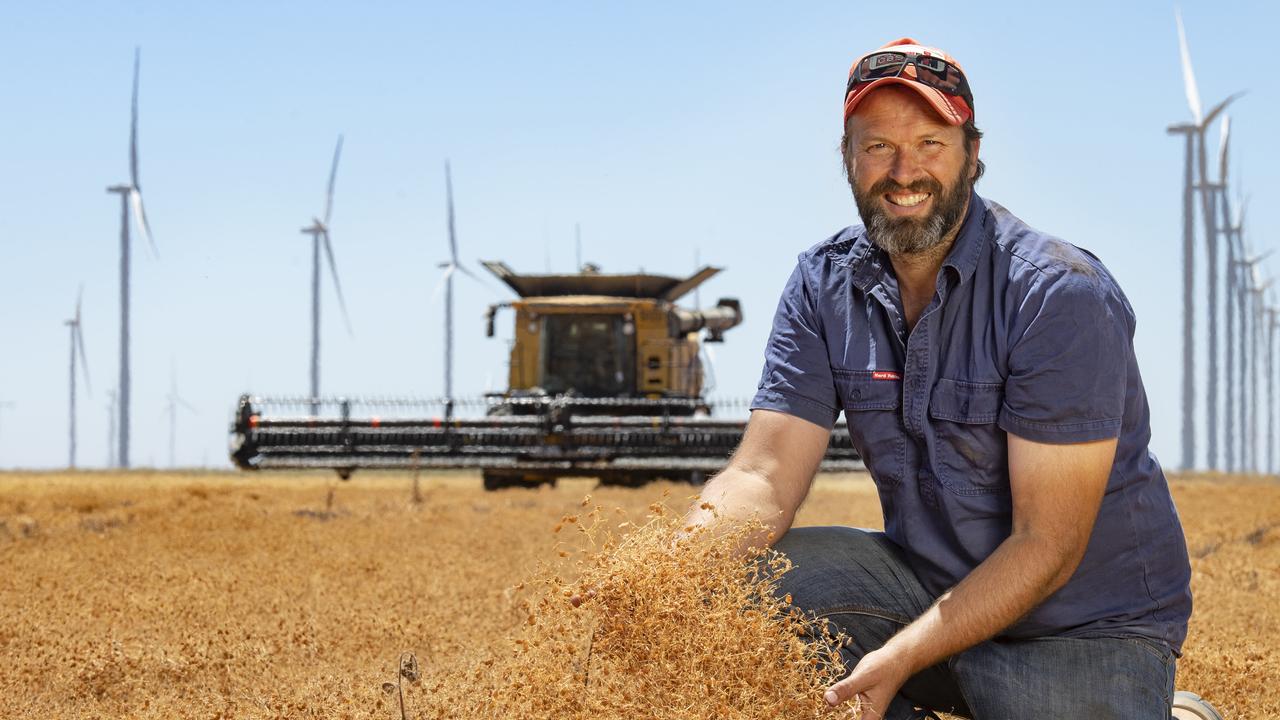Union warns pastoralists to face more scrutiny under new IR rules
Farm leaders warn the government’s new workplace reforms will increase supply chain costs, while a top union official believes the changes will be “good” for ag.

A key union leader has flagged increased scrutiny across the livestock sectors, including beef, sheep and dairy farming, after the ‘same job, same pay’ legislation was tabled by the federal government.
Meanwhile, farm leaders have warned that hundreds of agricultural enterprises with approved worker agreements could be affected by the omnibus industrial relations Bill.
They are also concerned by provisions allowing union officials new right-of-entry powers to demand payroll records in a bid to stamp out underpayments.
However, Australian Workers Union national organising director Shane Roulstone believes the reforms will “be good for ag workers.”

Mr Roulstone said the reforms, particularly the right-of-entry provisions, would improve conditions for “those who are employed by dodgy labour hire companies.”
“The changes will also help rebalance the rights of workers in the pastoral industry,” he said.
According to the Fair Work Commission, more than 500 agricultural businesses have registered enterprise agreements, with horticulture and meat processing most represented given their heavy reliance on labour hire companies.
However, National Farmers’ Federation chief executive Tony Mahar said the measures could hurt producers through their own increased compliance and wage burdens and other businesses passing similar costs through the agricultural supply chain.
The NFF expects labour hire companies will spread costs across all clients, regardless of whether they have an EA.
“It’s usually the bigger farms that have EAs but this will mean the small, family-run farm businesses that use labour hire companies in the busy harvest periods will also be shouldering the costs despite not having EAs,” he said.

“Fertiliser and diesel prices also remain sky high while the seasonal outlook is being eroded by an approaching El Nino.
“The last thing agriculture and our economy needs is the government throwing more costs and red tape at our farmers.”
Documents attached to the government’s Closing the Loopholes bill showed that the new rules could cost businesses an extra $9 billion over a decade in extra wage payments for gig economy and labour hire workers.
The bill must still pass through a Senate inquiry.
The Senate last week voted to move the reporting date for that inquiry to February next year.
Workplace Relations Minister Tony Burke said the vote to extend the reporting deadline was a vote to “trap permanent casuals in insecure work for longer” and “delay the criminalisation of wage theft.”
Meanwhile, the tripartite Agricultural Workforce Working Group, of which Mr Roulstone is a member, recently asked that Skills Insight, the government’s Jobs and Skills Council dedicated to agribusiness, fibre and furnishings, develop a voluntary, standardised meat processing industry safety induction program.
More Coverage





